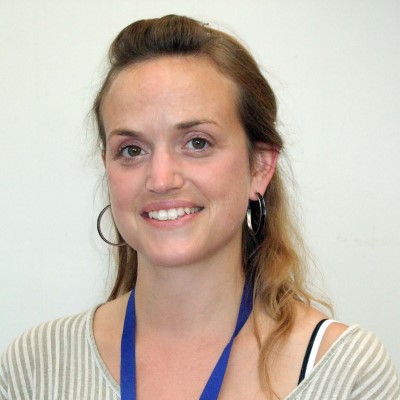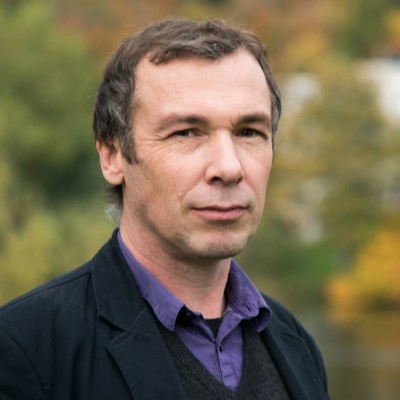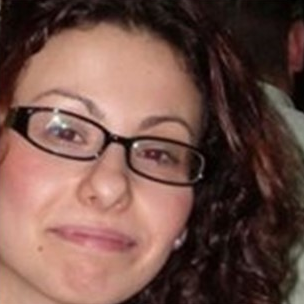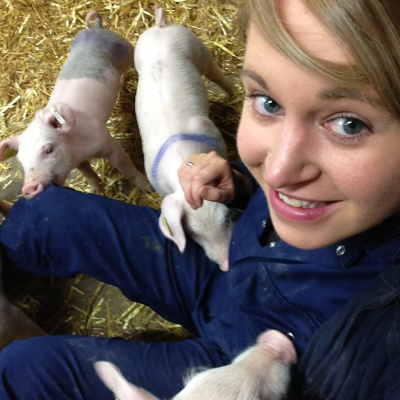CIEL | Meet the Scientist
Dr Laura Peachey
Senior Lecturer in Parasitology

What project/s are you currently working on?
Understanding and manipulating livestock microbiomes has become a global research priority due to strong links with growth, methane emissions and immunity.
Research in this area has resulted in some extraordinary discoveries; however, due to their complexity, we are still far from understanding microbiomes well enough to manipulate them reliably. In particular, we lack the ability to confidently predict how microbiomes will develop in young animals. My current work is focussed on describing and predicting how microbiomes in juvenile livestock develop and change over time and implications for animal performance. We have recently described a phenomenon, ‘microbiome divergence’, where we found the microbiome of the lambs penned into groups at weaning became more similar in composition over time, whilst simultaneously diverging away from other pens. In effect, we created lambs with different microbiomes simply by splitting them into pens for 13 weeks.
Further predictions based on these data suggested these differences may impact methane emissions and metabolism. We hypothesise that divergence of microbiomes between groups of livestock is responsible for a large degree of microbiome variation observed across livestock populations. Future work will involve replicating divergence to identify its mechanisms and consequences.
What capability are you drawing on to deliver the research?
Bristol Veterinary School (BVS) has an international reputation in animal microbiome research. Our access to samples with relevant metadata is second to none. We have access to highly monitored animal populations, for example, the BVS John Goldacre Farm Platform with its highly monitored dairy herd; and we have strong links with Rothamsted Farm Platform, with its highly monitored sheep herds and CIEL Small Ruminant Facility.
Onsite we have category 3 laboratories, home office licensed large animal facilities, the CIEL poultry unit for population level poultry research and the abattoir for post-mortem sampling and archiving. The University of Bristol Genomics Facility has a strong track record in Illumina next generation sequencing; furthermore, we are developing an in house long read Nanopore sequencing capability at BVS to facilitate whole genome assemblies. I sit on the Microbiome Advisory Group for KTN Innovate, and am aiming to increase collaboration with industry to deliver the impact of our current research.
What would be your ideal research project, assuming no barriers!
I can probably think of about 10!
In a nutshell, I’d like to truly test whether (and how) the early life microbiome can impact an animal’s immunity to different infectious challenges during development. This could involve creating germ free animals, inoculating them with different consortia of microbes and then seeing how they perform and respond to immune challenges such as gut and respiratory infections, or even routine vaccination. At the moment we don’t know which consortia of microbiota are optimal; this is a big knowledge gap. The research I am currently doing to understand how microbiomes develop in young animals will hopefully lay the foundations for a study like this in future.
How did you arrive at doing what you do now?
I originally trained to be a vet, qualifying from Liverpool University in 2007. After an internship in equine medicine and surgery, it quickly became apparent to me that I was interested in a career in academia. After a couple of years doing research and voluntary vet work overseas, I returned to the University of Liverpool to do a PhD investigating the efficacy of ethnoveterinary medicines to treat parasite infections in Ethiopian equid populations.
During this time, I became interested in how the gut microbiome influenced immunity to parasites, and so I wrote a fellowship application to investigate helminth microbiome interactions in UK equid populations at Cambridge University, which I carried out from 2016. In 2018 I was appointed lecturer in Parasitology at BVS, and since then I have been leaning further towards pure microbiome research in livestock; I have definitely caught the microbiome bug! It is such a complex and fascinating area of science, and I am excited to see where a research career in this field will take me.
Find out more about our Founding Research Member, University of Bristol.






